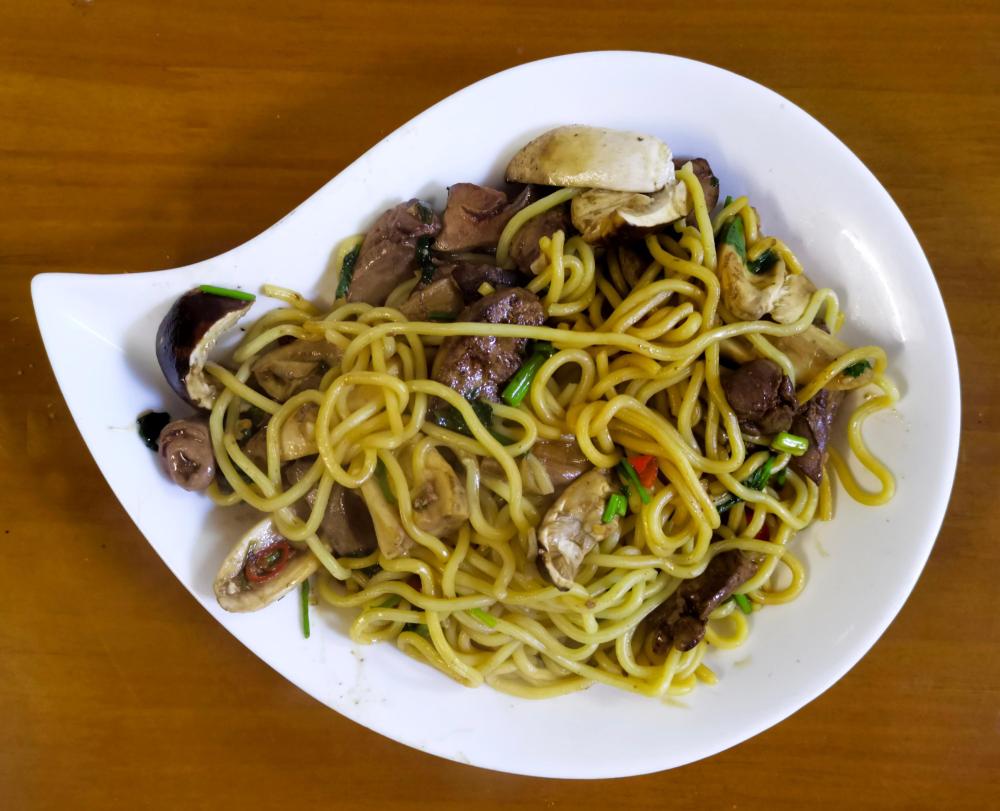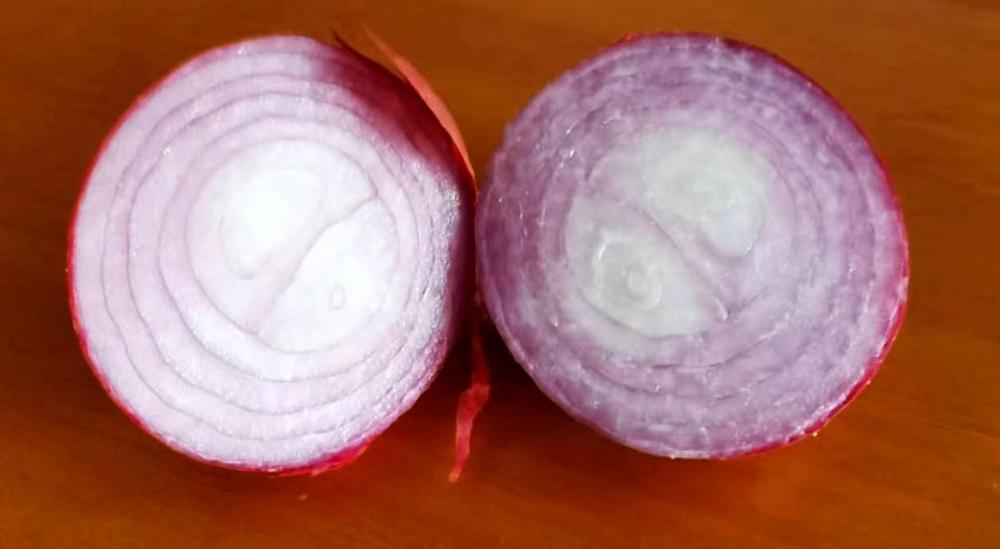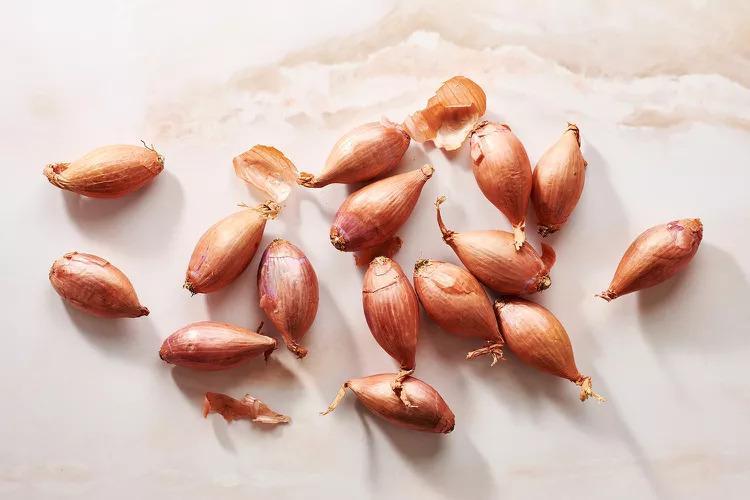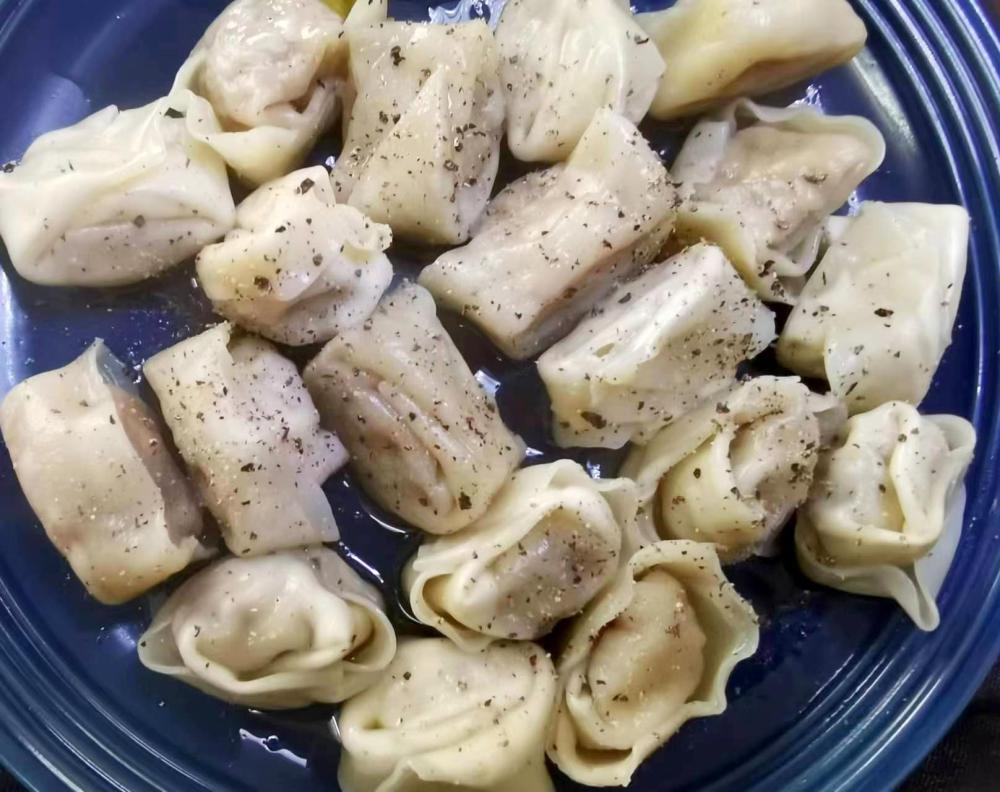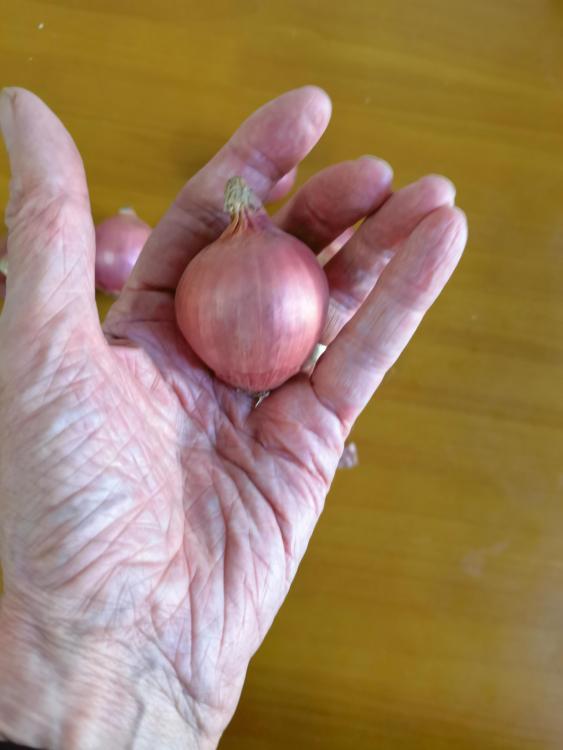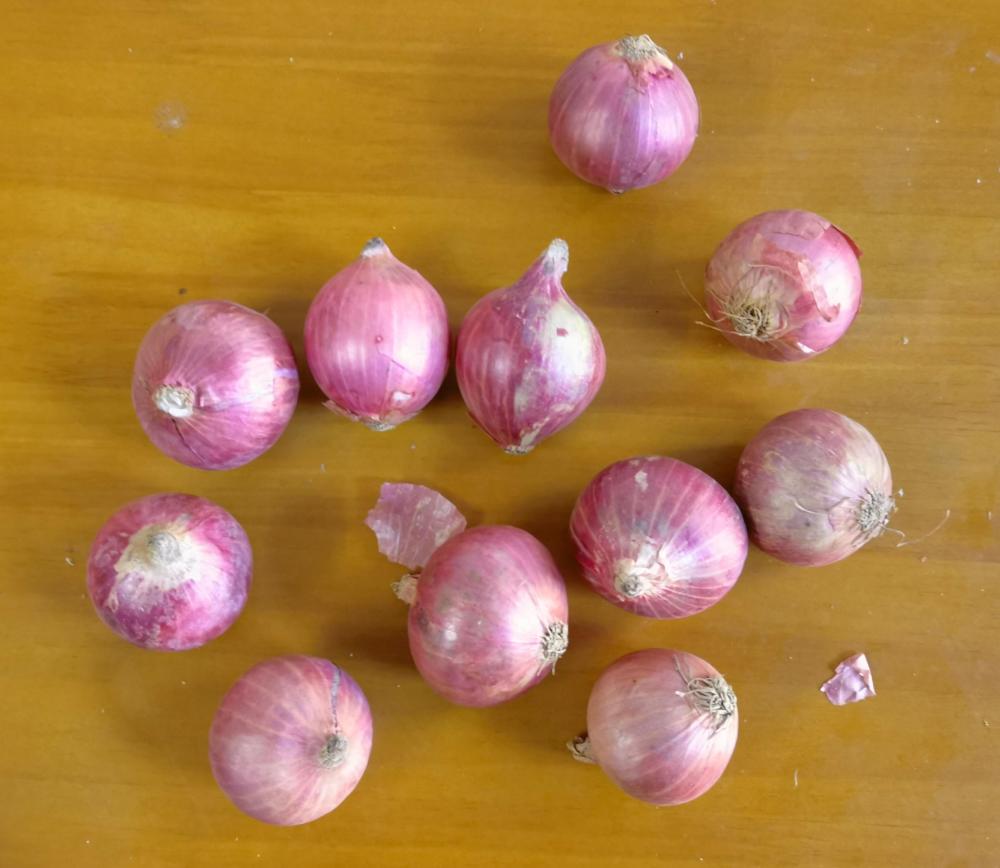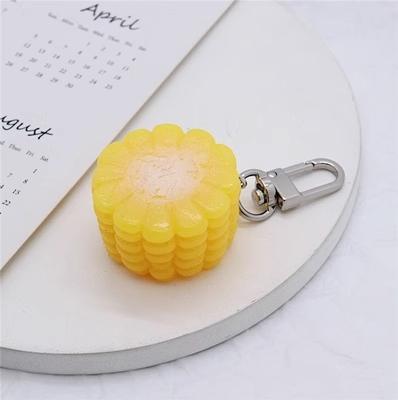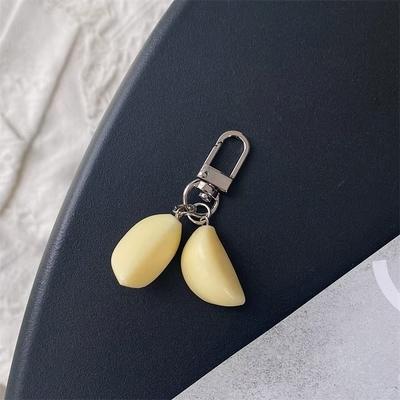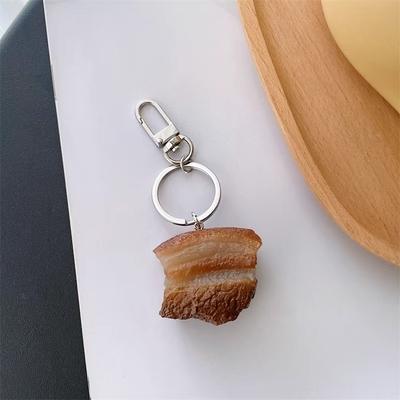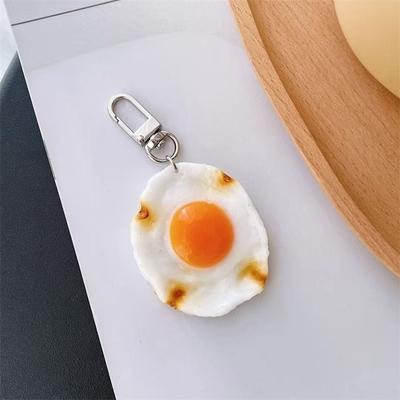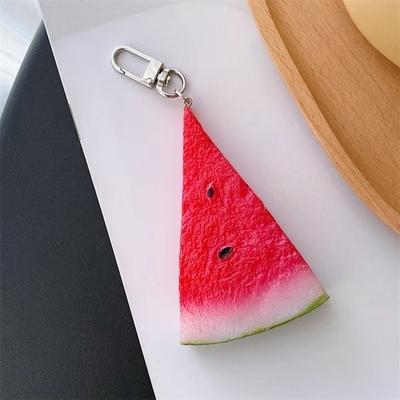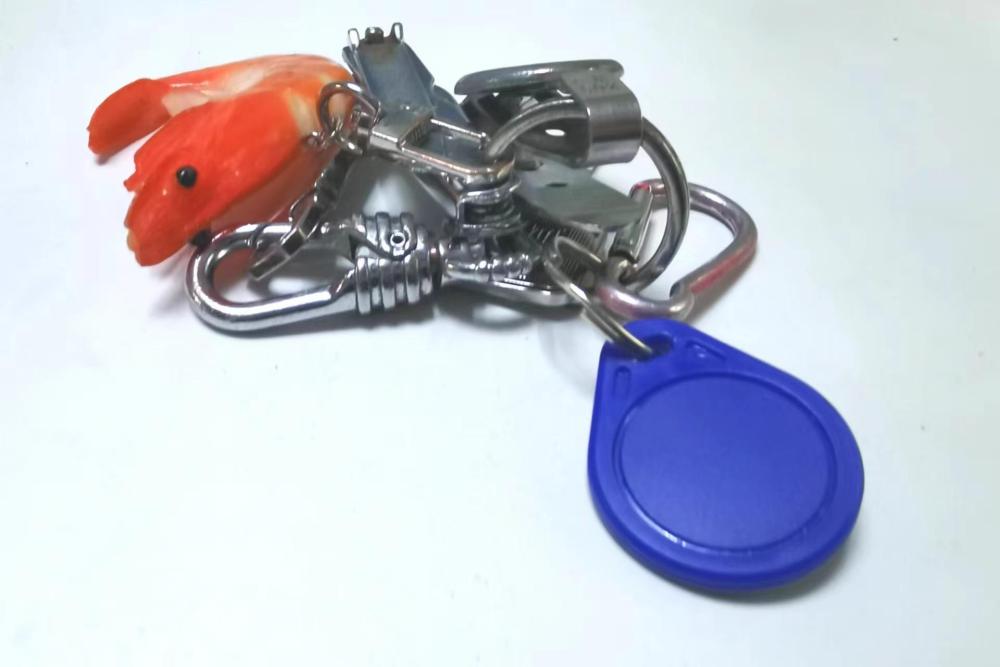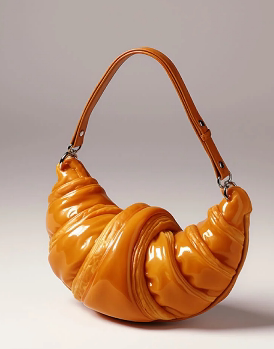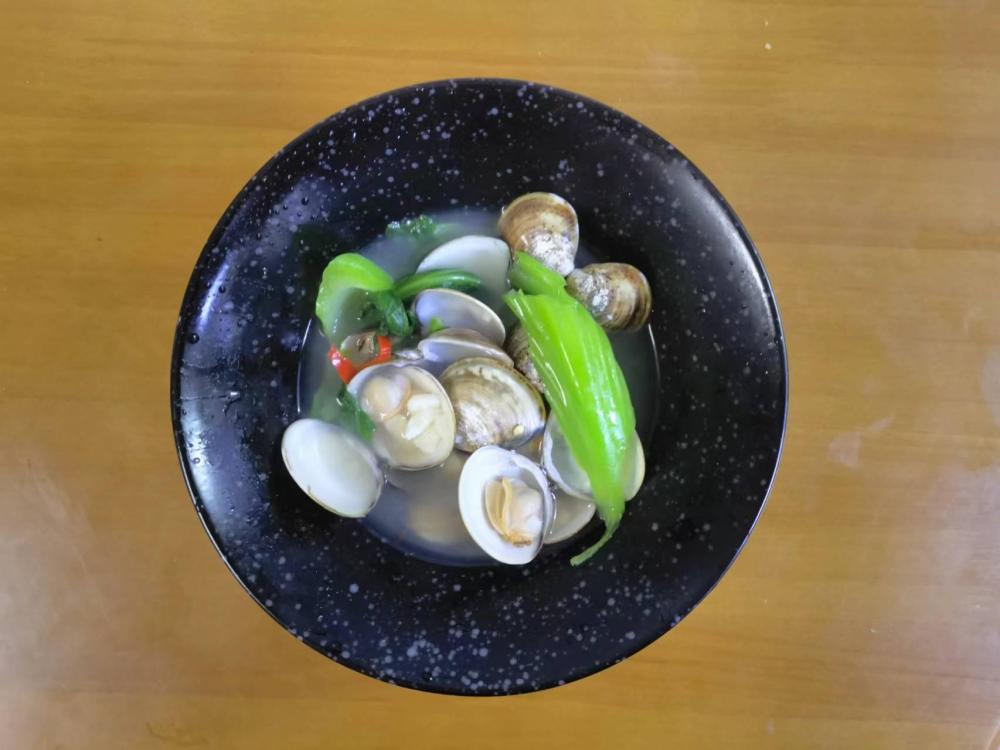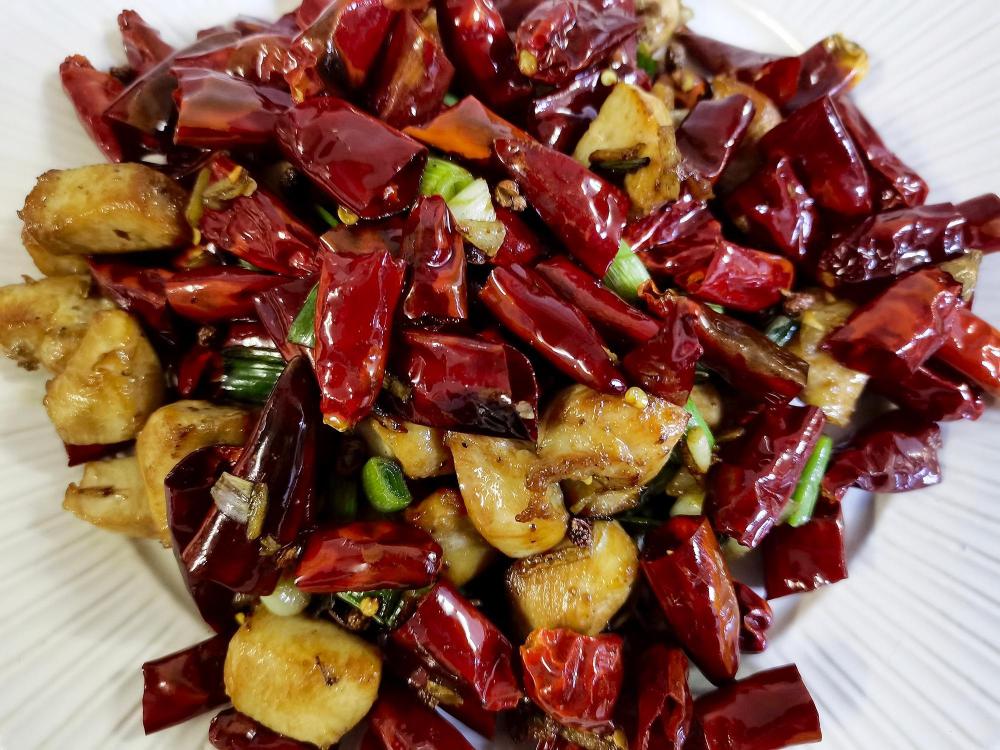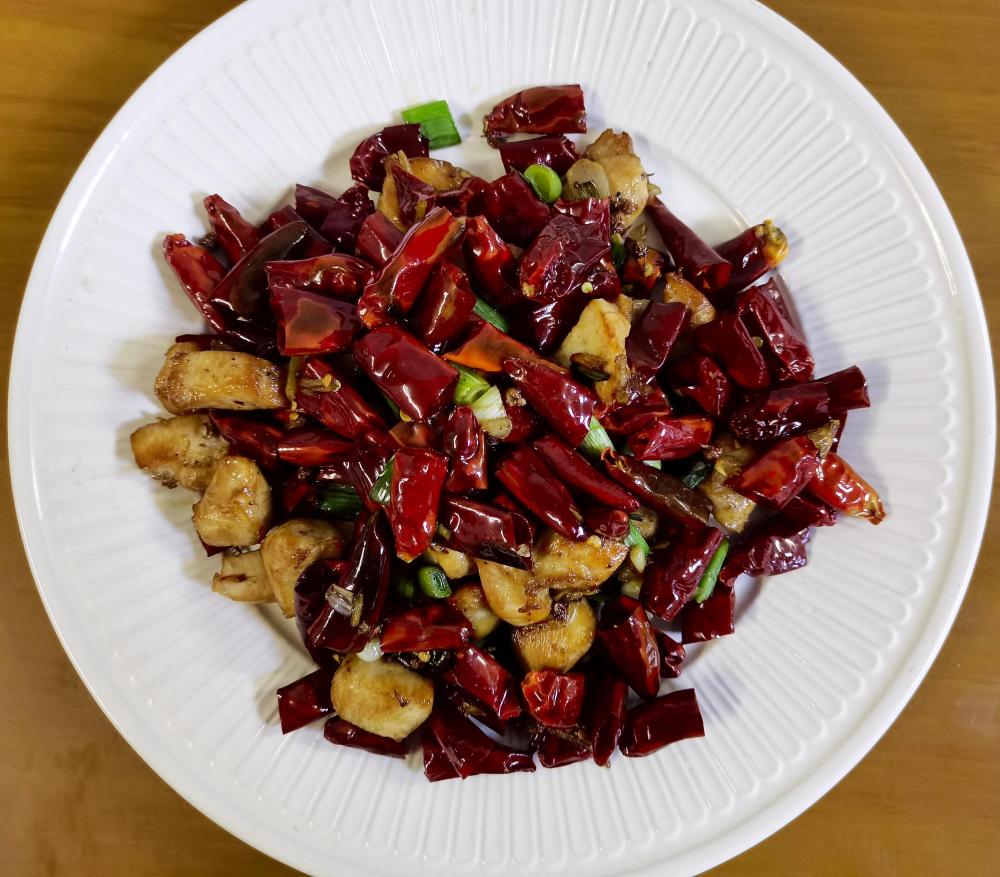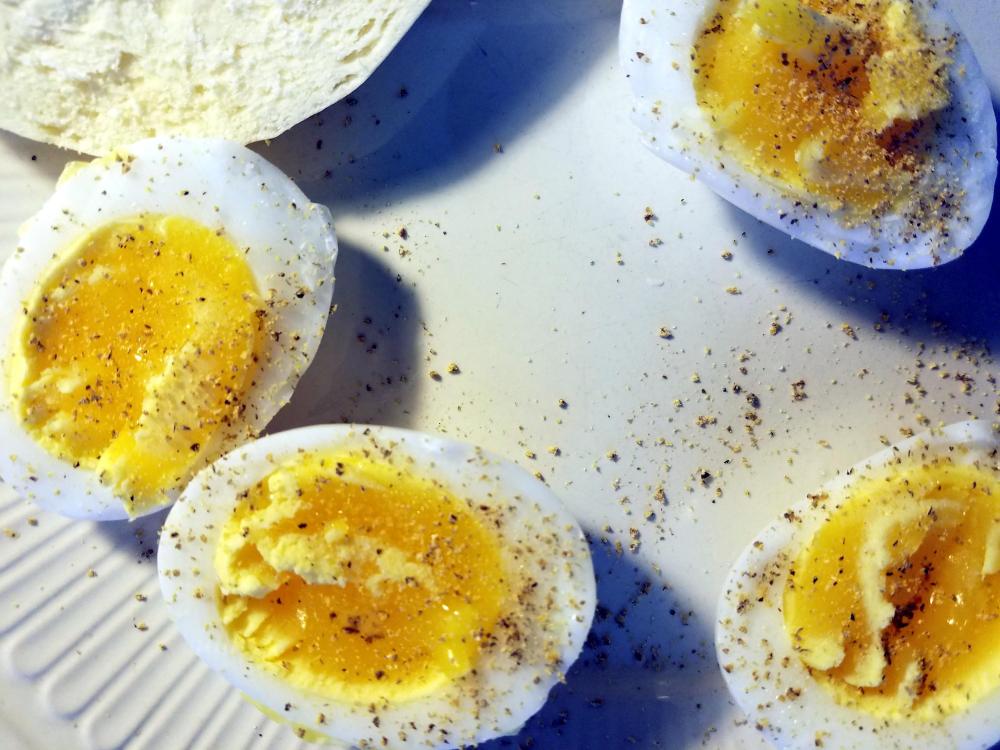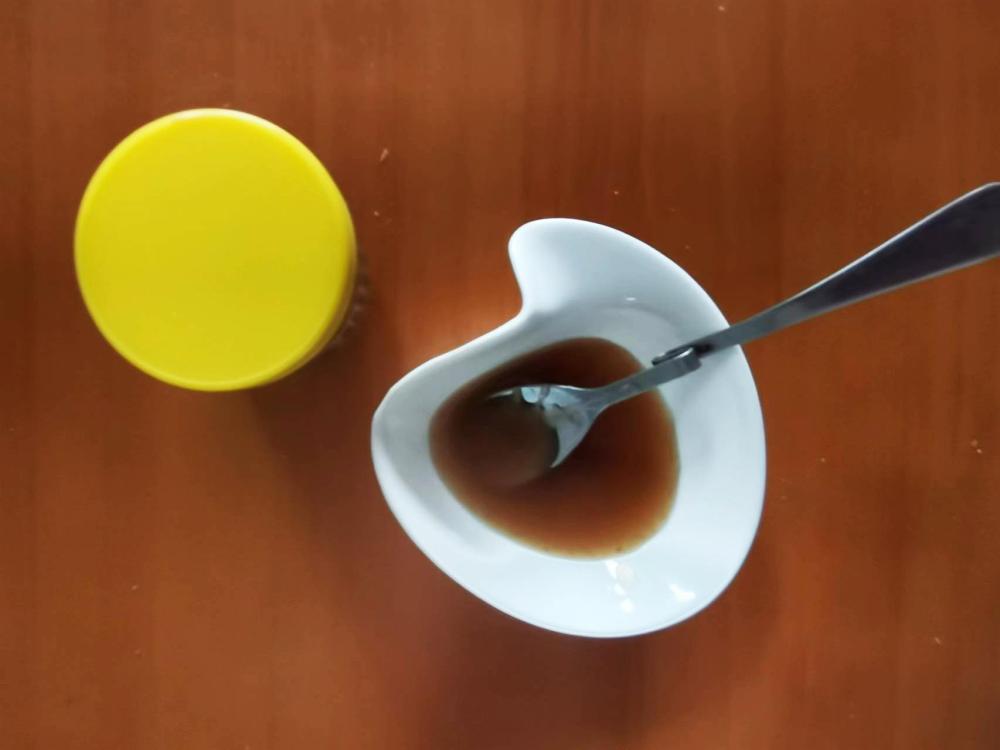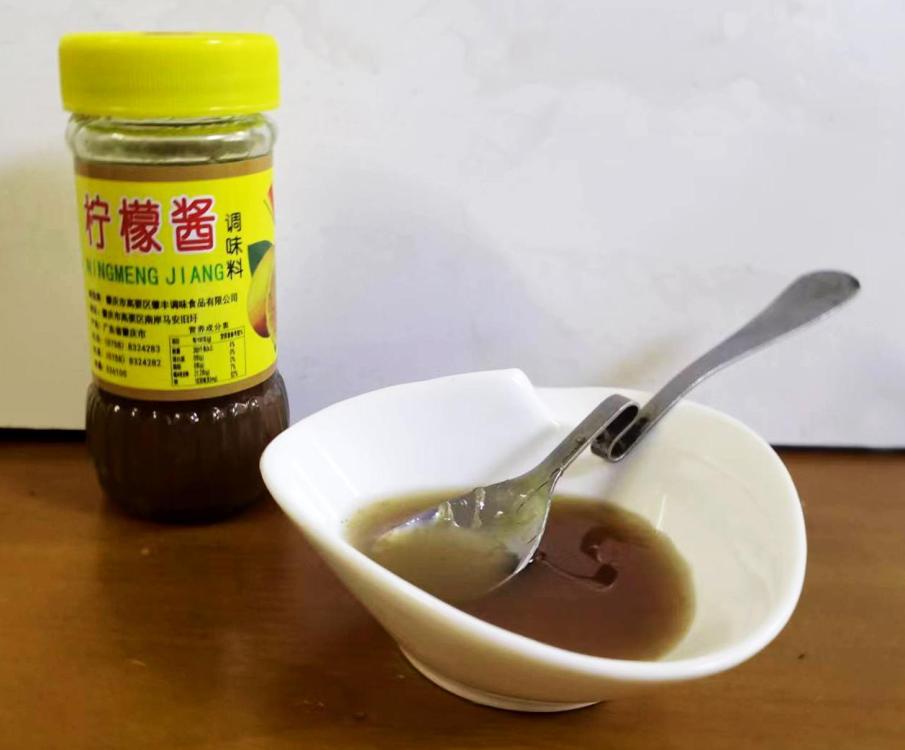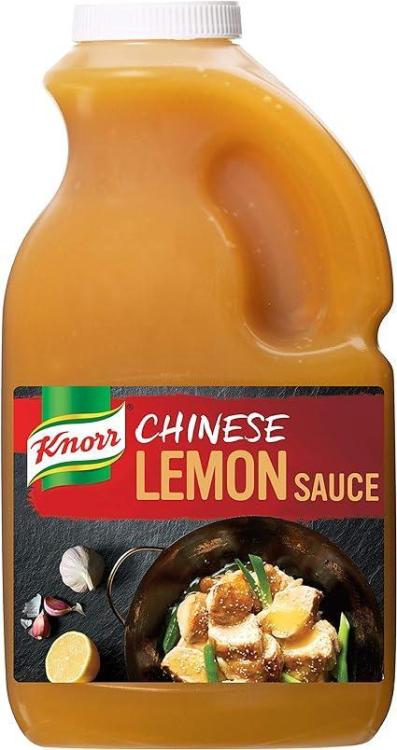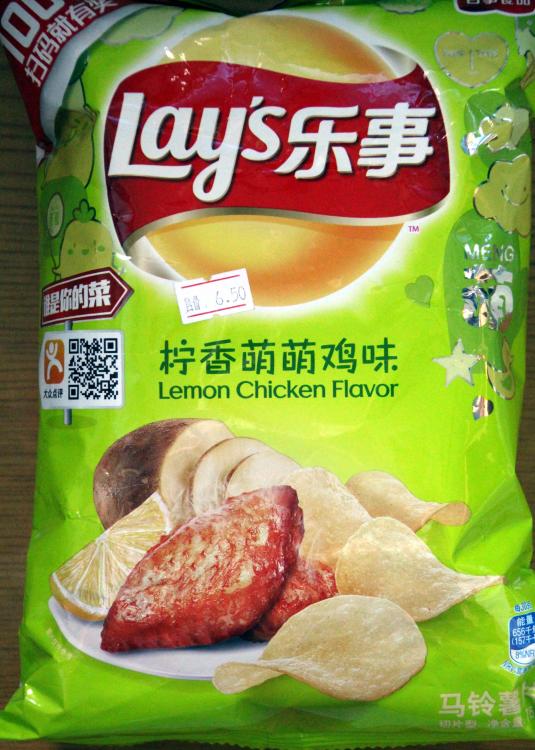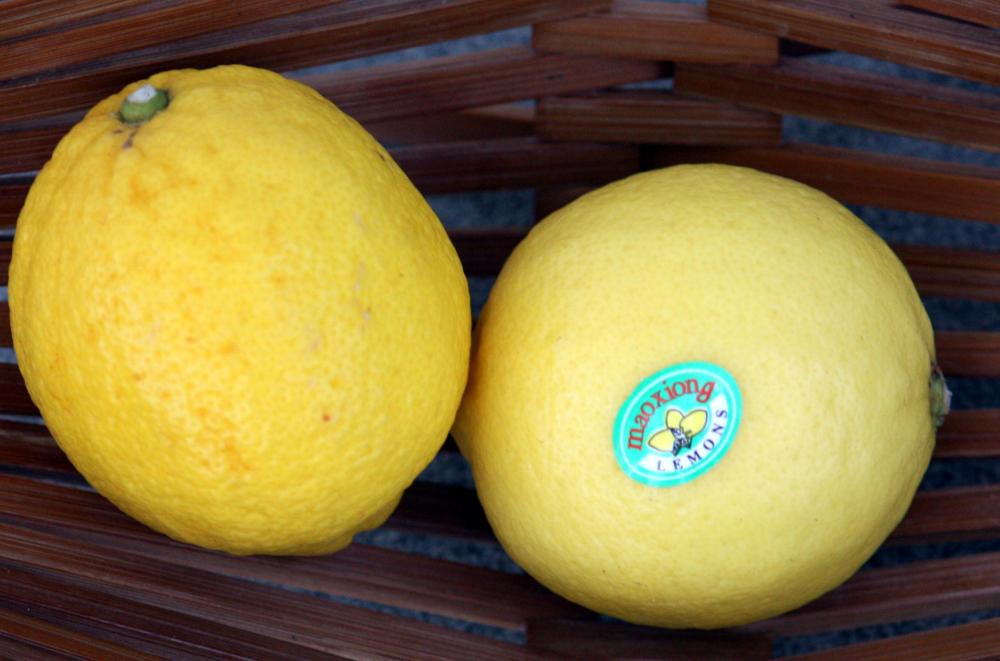-
Posts
15,096 -
Joined
-
Last visited
Content Type
Profiles
Forums
Store
Help Articles
Everything posted by liuzhou
-
I boil the noodles for one minute, drain then fry. The other stuff is fried first until almost done and then I add the boiled noodles. They have never stuck in th hundreds of times I've done something similar.
-
Chicken liver and matsutake fried noodles*. Also contained garlic, ginger, chilli, Chaoshan fish sauce, soy sauce, coriander leaf and Chinese chives. *Fresh hand-pulled noodles. I know they were fresh and hand pulled because I saw them being made when I was in the local noodle shack this morning . They aren't on their menu but I pleaded insanity again and scored some to take home to make this dish. They know me well.
-

A pictorial guide to Chinese cooking ingredients
liuzhou replied to a topic in China: Cooking & Baking
Yes, we get those here, too. But the 'small red onions' above are not segmented at all; they are exactly like red onions but small. 5cm / 2 inches in diameter. -

A pictorial guide to Chinese cooking ingredients
liuzhou replied to a topic in China: Cooking & Baking
Shallots to me are more like this image from The Spruce Eats. More pointed than round. Image: The Spruce Eats / Diana Chistruga The Chinese name for those I posted above is 小红葱 (xiǎo hóng cōng), literally 'small red onion'. But sometimes the shallots I usually buy resemble these Spruce Eats examples and are described as 小葱 (xiǎo cōng), only missing the 'red'. I find the labelling of alliums is often confused and with multiple regional variations. -
Supermarket frozen wontons (Mandarin: 馄饨 (hún tún) pretending to be ravioli, drizzled with EVOO and black pepper. Quick 2 minute lunch on a busy day.
-

A pictorial guide to Chinese cooking ingredients
liuzhou replied to a topic in China: Cooking & Baking
A few days ago, I was muttering on @Shel_B's How big is an onion? topic about only being able to find bowling ball sized onions. Someone in my local supermarket must have read that. Today, they were stocking these. Mini red onions (the default type here). i have had them before, but not regularly. I use them like shallots. ¥11.98 / $1.65 USD per kg. -
I don't know, but the images are from a wholesaler's catalogue. There is a minimum order of 50 for some of them, so I suppose if someone wanted to buy / sell them internationally, it would be possible.
-
No They are not the same. Coconut vinegar is made from the flowers of the coconut palm. Coconut aminos is made from the sap of the tree mixed with salt.
-
-
-
Bags and other items like these have beeen around for years in China and Japan. Nothing new. Two images I happened to save. Can't remember why but I know it was about two years ago and they weren't new then.
-
What? I didn't make anything up. I haven't seen a direct reference to Xanthoxylon Clava-Herculis being what the OP is seeking. I merely suspect it could be, as I said. If not directly used, it may bean ingredient in whatever is or was used.
-
No. The chillies are not eaten at all. It does seem wasteful but, as you say, they are dried and therefore not very palatable. However, they give up a lot of flavour to the chicken and there is a certain pleasure in digging through the chillies to find the meat. It's a fun dish to serve to people, although I ate that one myself.
-
I rather suspect "Hercules" is Xanthoxylon Clava-Herculis, a relative of Sichuan peppercorn but native to North America, sometimes called hercules-club or the toothache tree, in reference to its mouth numbing effect. I've had Sichuan peppercorns in cocktails in Shanghai's legendary Peace Hotel cocktail bar, so not so unlikely. Don't quote me in court, though.
-
Too big is my problem. For some reason over the last two years or more, onions sold here have been getting bigger and bigger. They are now the size of bowling balls. I stopped buying them; living alone I never cooked anything that required that much onion and if I cut them up, I usually ended up throwing most away. Now I only use shallots, which I prefer anyway. Next time I decide to make a dopiaza for the entire neighbourhood, I may buy an onion.
-
Now that this topic has been revived can I just say that I wasn't talking about Chinese cheese. There is very little of that and the little there is doesn't use rennet. i'm told it remains by my sister who makes cheese in England.
-
For years my breakfast was an industrial strength black coffee and a cigarette. I stopped smoking last century and while I still have a coffee Its less strong than before. After I retired in 2018,I started occasionally eating breakfast more but still don't always. I guess a lot of us still in the workforce are less likely to have time or the appetitie for an early meal other than maybe a slice of toast. Or, if they do have breakfast, it's often a sandwich or something and a coffee picked up from a shop or kiosk near work. I know it's what many, if not most people do in London. Until I was sick last year, I often stayed in hotels and homestays in the countryside where I would eat more - but it would be Chinese breakfasts and not anything I would (or often could) make at home. I'll never turn down a cup of oil tea in a ethnic minority villager's home.
-
Lunch was soup. Clams in a shrimp shell stock with mustard greens. should have bought spinach and squid then I could have made shrimp shell stock squid spinach soup with clams. Only ever make that at home; you'll never be able to say it to a waiter.
-
辣子鸡 (là zi jī) Chicken cubes marinated in Shaoxing and soy sauce with some salt. Deep fried then drained. then refried with 50g dried facing heaven chillis (halved and de-seeded, a tablespoon of red Sichuan peppers (whole) and chopped scallions. Sichuan / Chongqing perfection. Served with steamed asparagus and rice.
-
This breakfast topic has been running for years and has always been the least active of the Breakfast, Lunch, Dinner topic trilogy. My theory is that even the most adventurous eaters tend to be most conservative at breakfast. We all tend to fall back to a handful of favourites which we repeat over and over again, perhaps due to lack of time to be more adventurous or simply a preference for familiar comforts first thing in the morning. Dinner is when I get most adventurous. Breakfasts are said to be the meal travellers and ex-pats struggle with most. I moved from Britain to China 28 years ago and, although 90% of my meals now are Chinese, for breakfast I still tend to fall back to the old favourites – bacon, eggs, toast etc. Although, in the last couple of years, I have added congee to the rotation. I seldom post breakfast because there is seldom anything new or interesting. When in Vietnam, it’s bánh mì. Chinese friends who have moved abroad find the same. A plate of ham ‘n’ eggs or a bowl of cornflakes is alien food which they find challenging for breakfast. They want a bowl of noodles or soy milk and deep fried dough sticks (crullers). So the reason many of us don’t post here so much is that we’ve done so several times before. How many boiled eggs do we want to see?
-

A pictorial guide to Chinese cooking ingredients
liuzhou replied to a topic in China: Cooking & Baking
Sure, I meant the company is American not the chips (crisps). They tailor their flavours to the target territory - pehaps someone thought the Chinese were dying to eat a flavour they were(n't) used to! Not that any flavour of chips (crisps) ever taste of their description. I wonder if they still do luosifen flavour. They never did in Liuzhou! Weren't that dumb. -

A pictorial guide to Chinese cooking ingredients
liuzhou replied to a topic in China: Cooking & Baking
A Chinese friend asked me today what Chinese Lemon Chicken is. I replied that I didn’t know but would find out. So I spent a while online and discovered that it is popular American-Chinese dish, which explains why she (and I) had never heard of it. The local dish, Zhuang Lemon Duck, made using salt preserved lemons, is known within Guangxi but little known elsewhere in China. One recipe for lemon chicken on the internet, described as authentically ‘Chinese’, included sambal oelek which is authentically Indonesian instead. When I lived in Hunan in the late 1990s, lemons were almost unknown but always unfindable. They are easy to find here further south but rare in northern China. In fact, Chinese has no native word for lemon, instead borrowing the English name and rendering a near phonetic version - 柠檬 / 檸檬 (níng méng). Here, lemon sauce is widely available in these small 150 gram jars and used mainly as a dip for grilled / BBQd meats. It is thin and very tart. You could, I suppose, use it to make a 糖醋 (táng cù, literally ‘sugar-vinegar’), sweet and sour dish, but sweet and sour chicken is the rarest of all the sweet and sour dishes available; dishes using pork rib and fish are dominant in that genre. I have no idea what this. Certainly not available here. Lays do have these, though, but then they are American, too.



